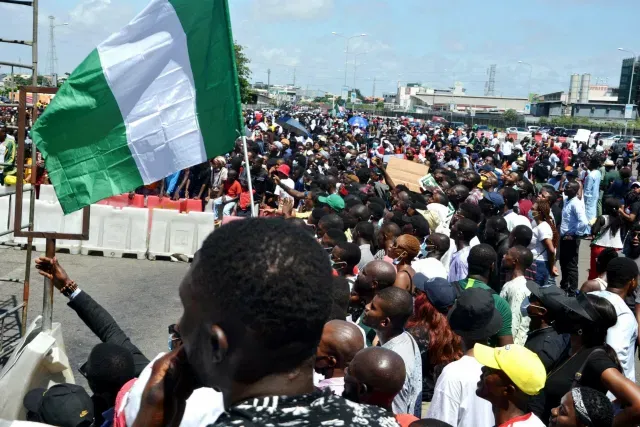End SARS: Bloodshed in Nigeria as soldiers open fire on protesters
Kenya yesterday celebrated Mashujaa day by honouring their heroes both national and personal. It was a beautiful sight to behold especially after what we have been through as a country


Kenya yesterday celebrated Mashujaa day by honouring their heroes both national and personal. It was a beautiful sight to behold especially after what we have been through as a country because of the pandemic. Covid 19 is definitely not gone but it could be worse judging from what other African nations have to go through on top of it. Just yesterday a group of protesters in Nigeria were sprayed with bullets because they were practicing their constitutional right to demand change from a group that oppresses them.
For weeks now Nigerian citizens, mostly young people, have been protesting for the disbandment of SARS. The Special Anti Robbery Squad which was put together by the government to deal with the increased cases of robbery at community levels became robbers themselves. The only difference between them and those they were mandated to apprehend being they are answerable to no one as Nigerian citizens soon came to discover. The armed men have harassed, assaulted both physically and sexually and pilfered from youth who they claim look ‘suspicious’. The only crime the youth committed was looking nice and being in possession of items the SARS agents coveted.
The public protests and outcry elicited action by the government but it was less than satisfactory. SARS was just changed to Special Weapons Tactical Team (SWAT) but they did not cease their bad actions. All this has caught the world’s attention from international news networks like CNN, BBC and Aljazeera. Celebrities both in Nigeria and beyond have also lent their voices rebuking SWAT’s actions and calling on the government to make tangible changes. Curfews have been imposed and leaders have called press conferences urging citizens to bare with them but citizens won’t budge.
You can raise awareness on social media platforms. The more people know and condemn these actions the more pressure there will be for change. #EndSWAT
Elsewhere, people are calling for the end to human trafficking in South Africa and civil unrest and exploitative cobalt mining in Congo.





